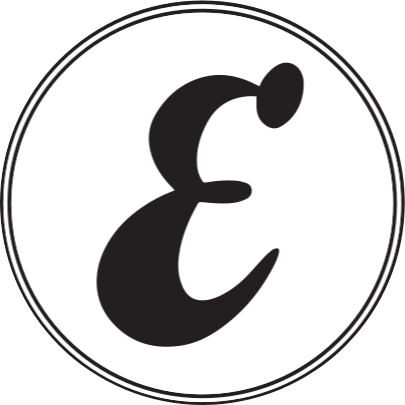Scott Rubin
Photograph: Ricardo Adame
Teerath Majumder
James Ilgenfritz
Photograph: Peter Gannushkin
Scott Rubin’s Digital Hands presents the imaginary exploration of a solo masked performer traversing questions of identity, meditation, and control through use of a camera-instrument. Their body acts as a conduit, connecting the audience to a realm where the physical and virtual merge with grace and tension. The human-computer interaction creates a physical-audio-visual feedback loop that the performer navigates in real-time.
The Dysnomia duo (James Ilgenfritz and Teerath Majumder) emerged from a need to critique received notions about machine learning, intellectual labor, and conceptual autonomy. Using a 5-string contrabass in a just intonation scordatura together with transducers and machine learning, the duo explores sound through the lens of trans-humanism, investigating the agency of the interface itself. Their hybrid mechanical and computational apparatus reveals an overlooked non-human agency as they become intricately linked by the hybrid mechanical-computational interface. The transformation of sound and gesture into binary numbers and back into vibrations blurs the boundary between human and machine, recalling the fluid nature of identity.
8:30 Digital Hands (Scott Rubin)
9:30 Dysnomia (James Ilgenfritz + Teerath Majumder)
$15 / $10 w/ Student ID - Tickets Available at the Door
About the artists
Scott Rubin is an interdisciplinary artist and improvising violist whose work interrogates relationships between sound and movement through analog and digital means. His recent projects have involved collaborations with musicians and dancers, often incorporating interactive acoustic/electronic improvisation, expanded performance practices, motion-sensors, and live video. In these projects, he engages themes of intimacy, control, and the sublime.
James Ilgenfritz works as a solo performer on 5-string contrabass in his “Alien Generator” Just-Intonation scordatura tuning, while Teerath Majumder’s work uses microphones, transducers, and mediating software programs, including an artificial neural network (ANN) that plays processed and synthesized sounds into the body of the bass using transducers attached to the instrument.
Dysnomia has presented their work and/or performed as a duo at EMPAC Reembodied Sound 2024 at Rensselaer Polytechnic Institute, and NIME 2024 in Utrecht, Netherlands, and at University of California, Irvine.



